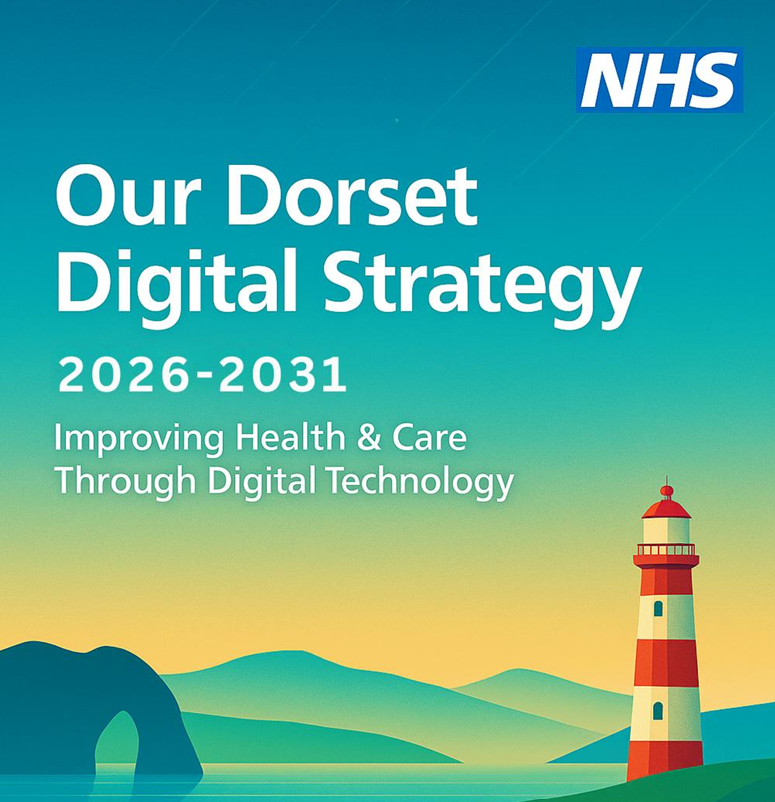NHS England have published an article summarising some recent study findings on the impact from use of AI-drive 3D heart scans (Heartflow).
Heartflow reduces the need for an invasive angiography by turning a CT scan of the patient’s heart into a personalised 3D image. The technology assesses the extent and location of blockages, and enables doctors to diagnose and treat patients with suspected heart disease much faster whilst freeing up capacity in the NHS.
A new study of the technology’s use, published in Nature Medicine, found that it reduced the number of patients needing invasive angiogram tests by a sixth (16%) in cases where it was later found no further treatment was required – and by 7% overall.
The number of second heart tests patients needed within a two-year period has also been cut by 12%.
New NHS data also shows that over 24,300 patients so far have benefitted since the technology was rolled out on the NHS in 2021, enabling hundreds of patients to avoid invasive procedures and saving the NHS an estimated £9.5m – equivalent to around £390 per patient.
Heartflow is one of the medical technologies that featured as part of NHS England’s Med Tech Funding Mandate (MTFM) with the MTFM policy supporting implementation of Heartflow at University Hospitals Dorset.
The full article is available via NHS England’s website.
12/05/2025





